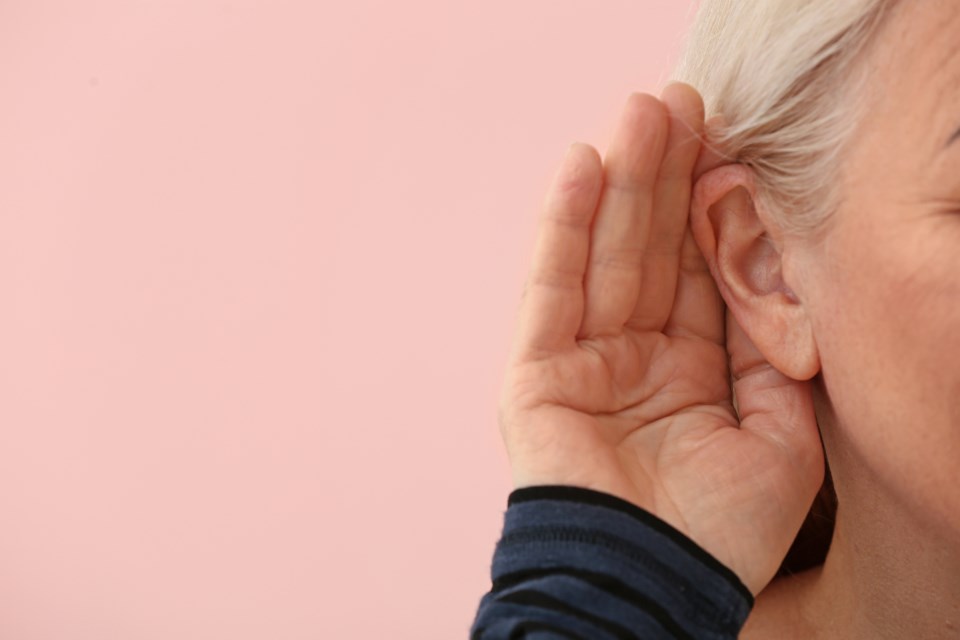NEWS RELEASE
HEAR WELL BE WELL
*************************
Research on the connection between hearing loss and dementia is getting a lot of attention but the connection between untreated hearing loss and the risk of a serious fall is less widely known.
The risk of a serious fall increases up to 10 times when hearing loss is left untreated.
Research from Johns Hopkins University School of Medicine outlines the increased risks. With just mild hearing loss, the loss level many people just ignore or suggest they can manage, the risk of a serious fall increases three times. The risk increases for every 10 decibels of hearing loss to a 10 times greater risk for those with profound hearing loss.
“You may think a serious fall is no big deal,” said Wendy Beth Moore, research and marketing manager for Hear Well Be Well Hearing Clinics. “Unfortunately, a serious fall can put an older adult into long-term care or even cause an early death.”
Falls related to hearing loss can happen at any age. The Johns Hopkins research results considered age and found even those 40 to 60 with untreated hearing loss had the same risk profile.
StatsCan shows the seriousness of the issue particularly for older adults.
“Every day on average in Canada, 13 seniors die and 259 are hospitalized following a fall.”
In Canada, 88 per cent of older adults’ injury-related hospitalizations are linked to falls. For one-third of those who are hospitalized, they then go to long-term care rather than back to their homes and families.
“The connection between falls and untreated hearing loss is hard for some people,” Moore explained. “We’re not talking super-old people. Being over 60 puts you into the older adult bracket. Head injuries plus broken bones change people’s lives, sometimes forever.”
The reason why there is an increased risk of falling when hearing loss is left untreated is not completely clear to the researchers. Dr. Frank Lin, a lead researcher at Johns Hopkins University School of Medicine, has some suggestions.
Lin suggests the absence of subtle environmental clues could contribute to falling. Those quiet cues, like footsteps and different sounds surfaces make, may help with balance. He also suggests there could be some cognitive overload because the brain is working hard to get the body moving forward while simultaneously trying to decipher sounds.
“The puzzle solving the brain has to do when a person has untreated hearing loss requires more cognitive processes than normal hearing does,” said Moore. “Sound also helps us balance. Rather like how staring at a spot on the wall during a hard yoga pose helps you keep your balance as a visual assist, the sounds around you are audio assists for balance.”
Research has also demonstrated using hearing aids regularly can reduce the risk of a fall by half. This reduction, however, is only for those people who use their hearing aids all day, every day. For those who only use them periodically, the risks remain the same.
“Hearing tests are free at Hear Well Be Well,” added Moore. “It’s good to know where you’re at in the risks profile and, when necessary and able, to do something about it.”
*************************
